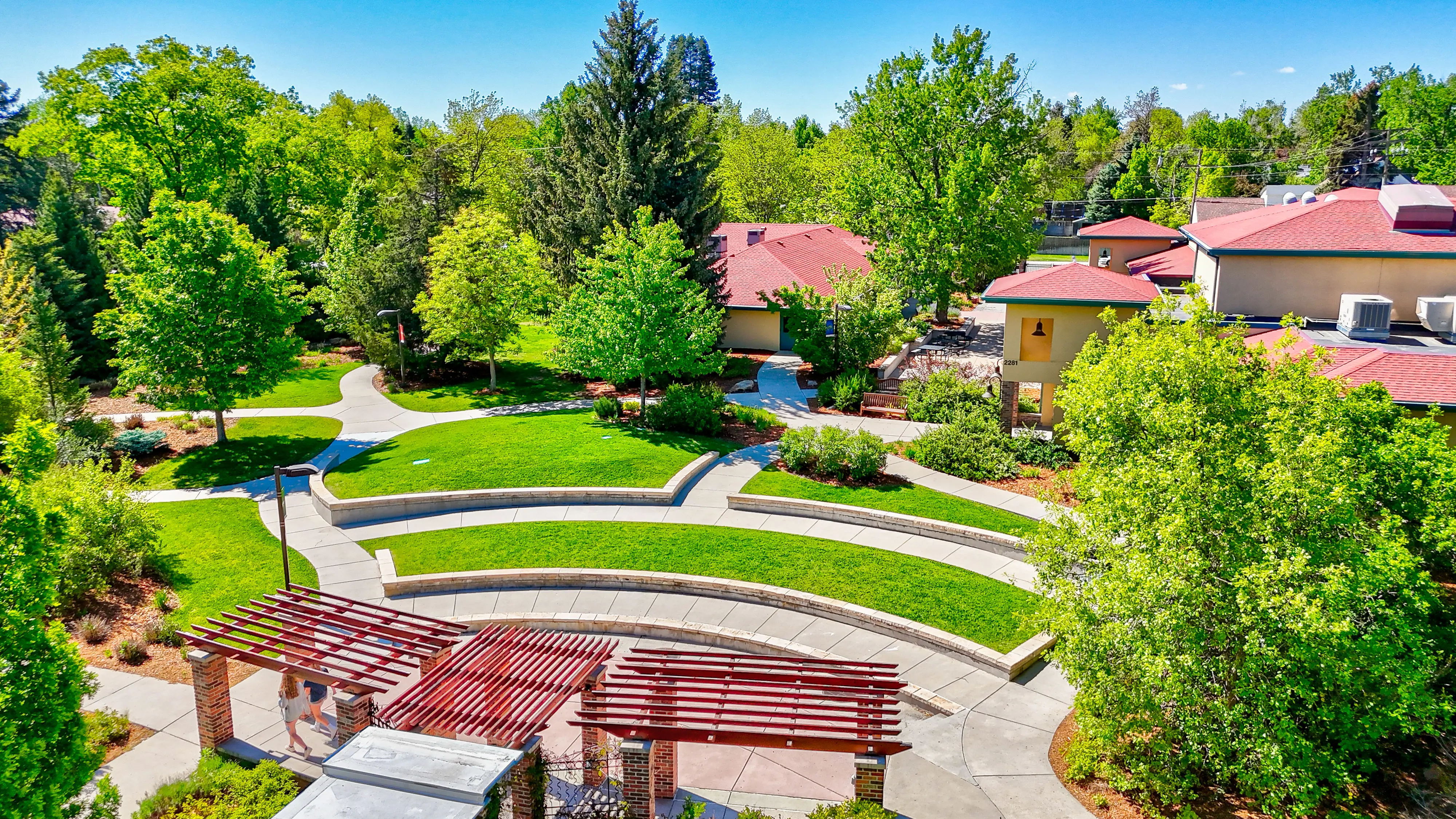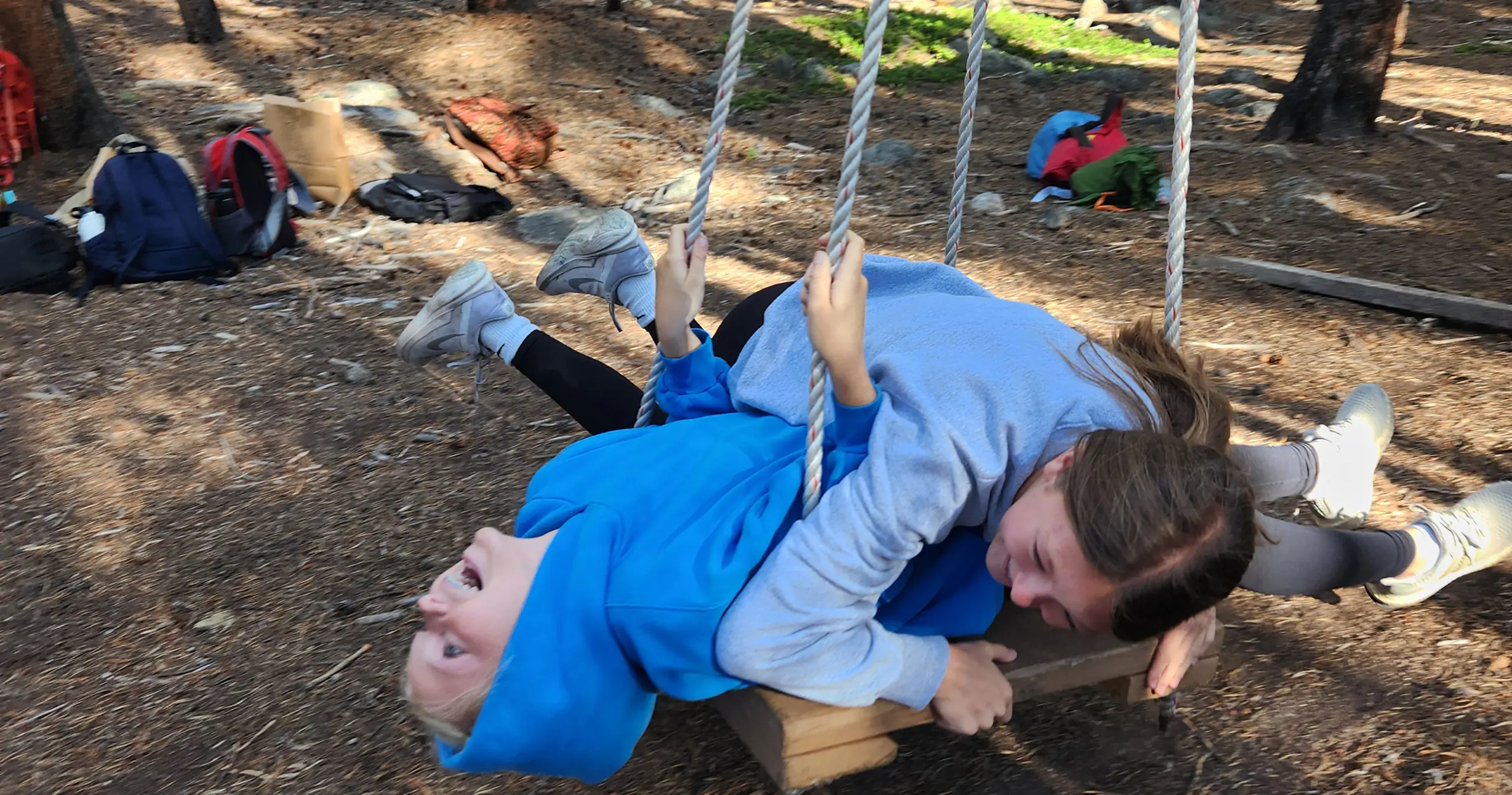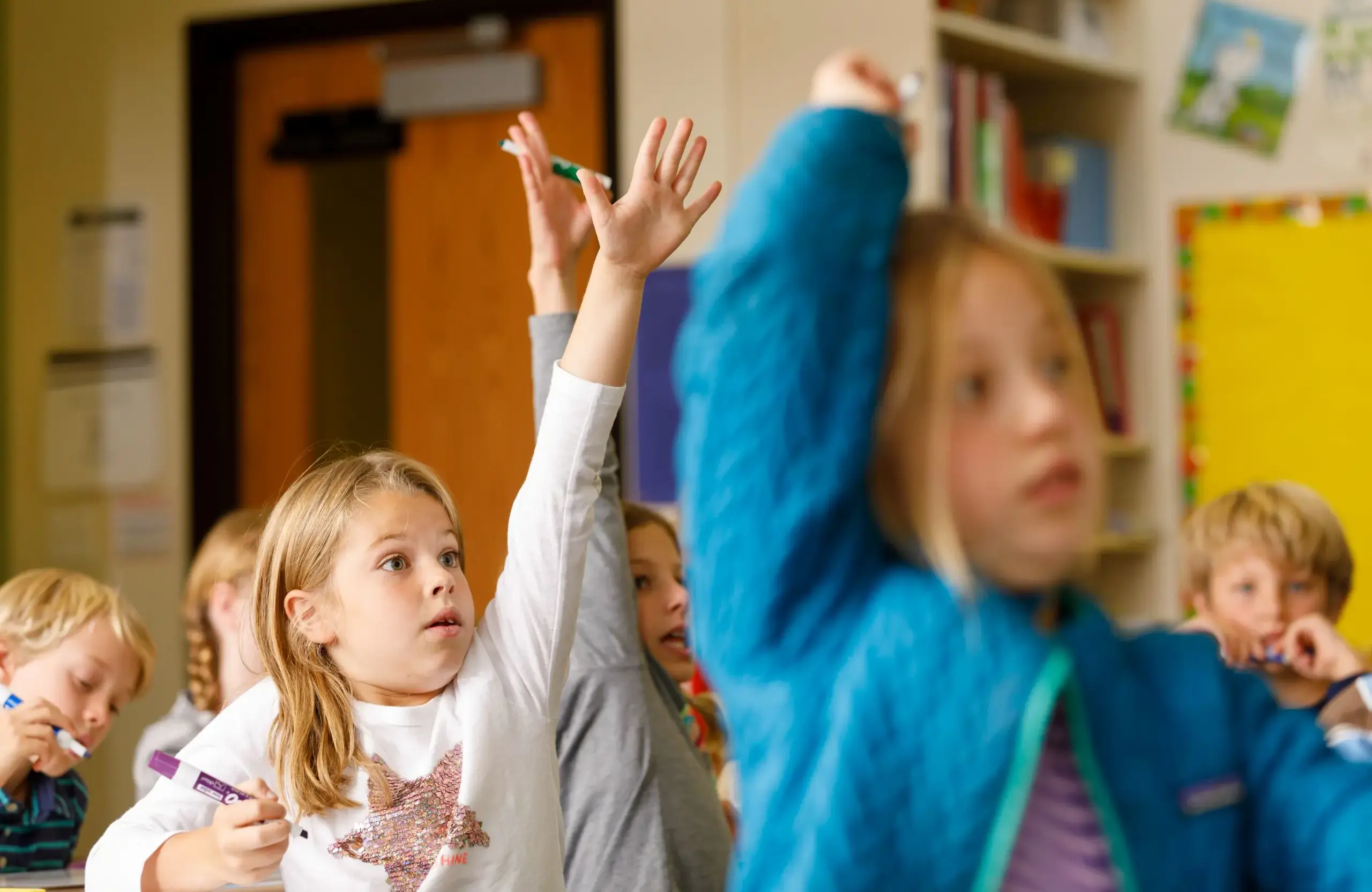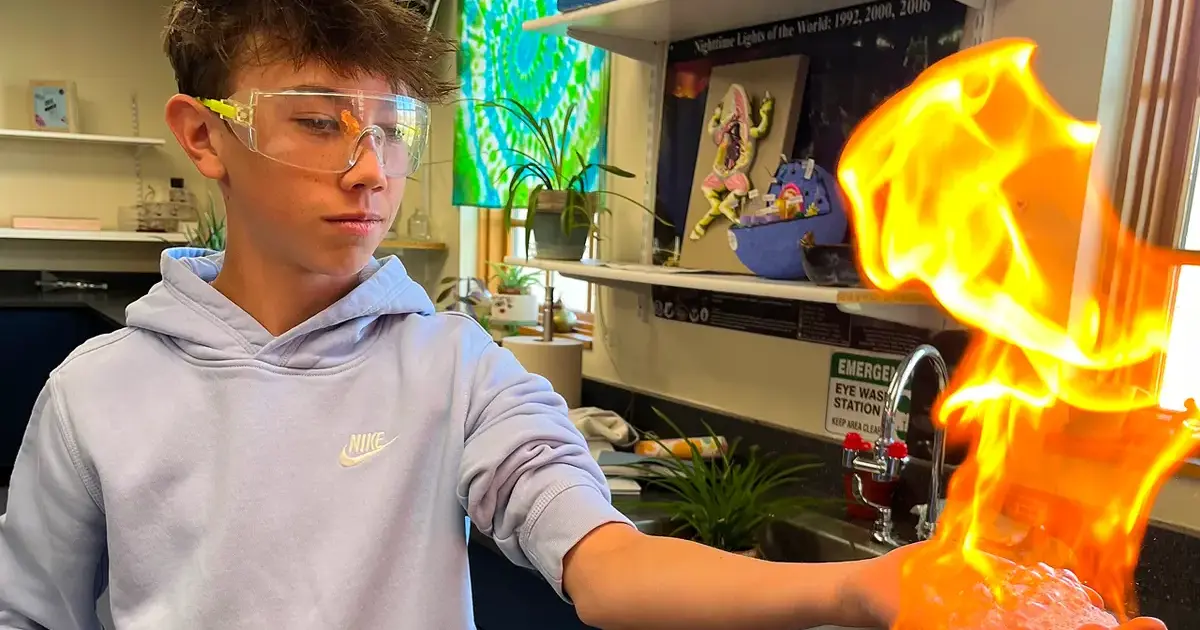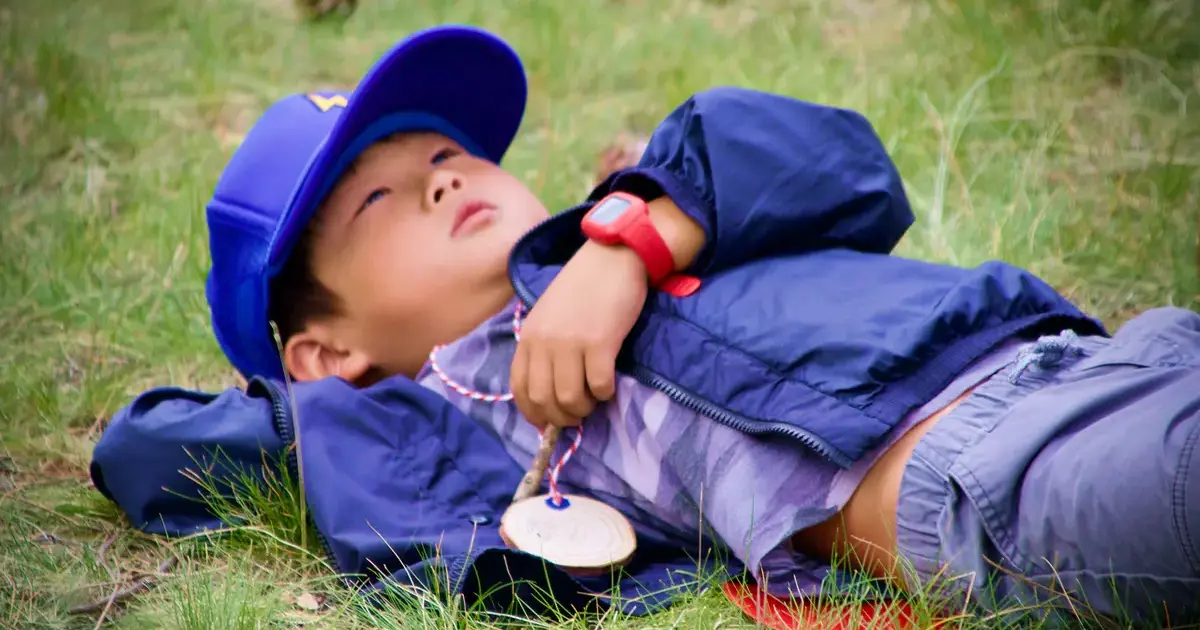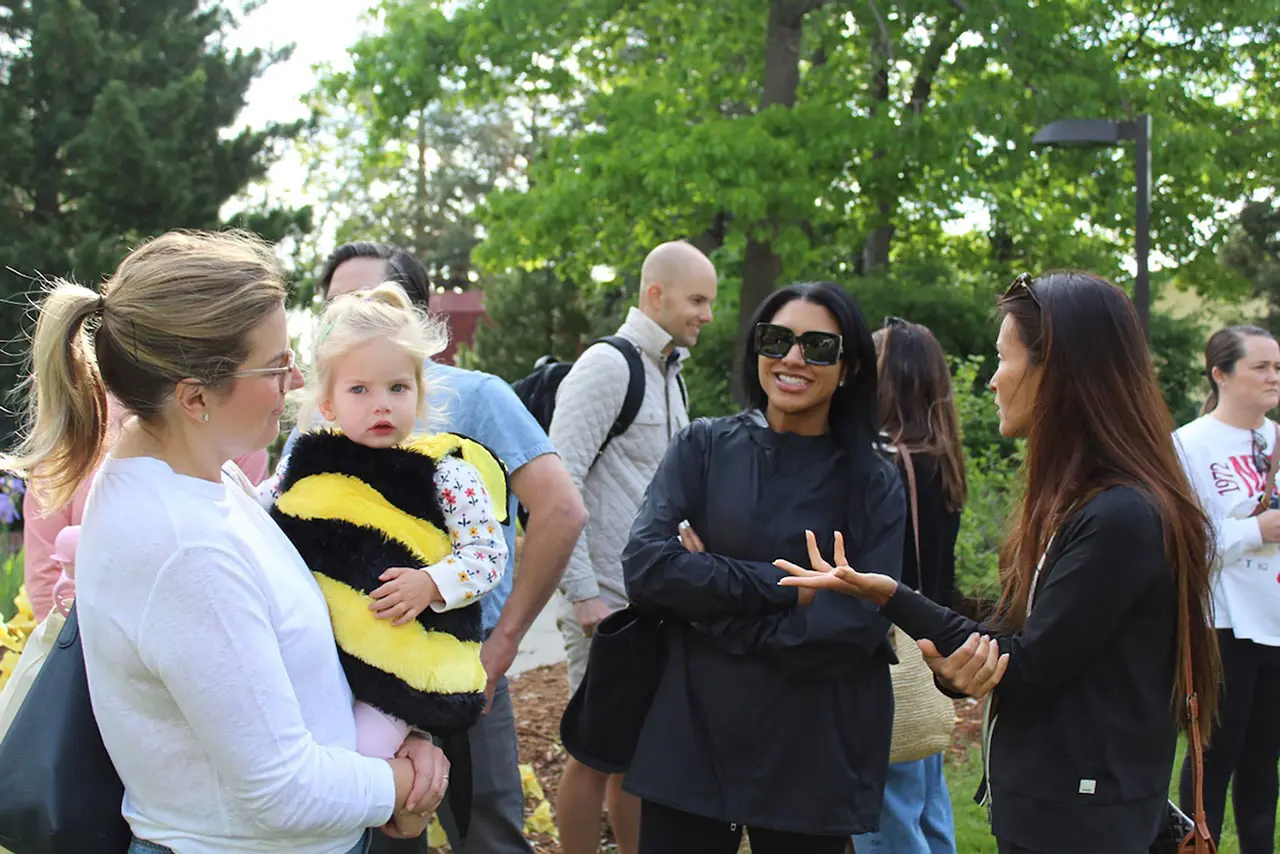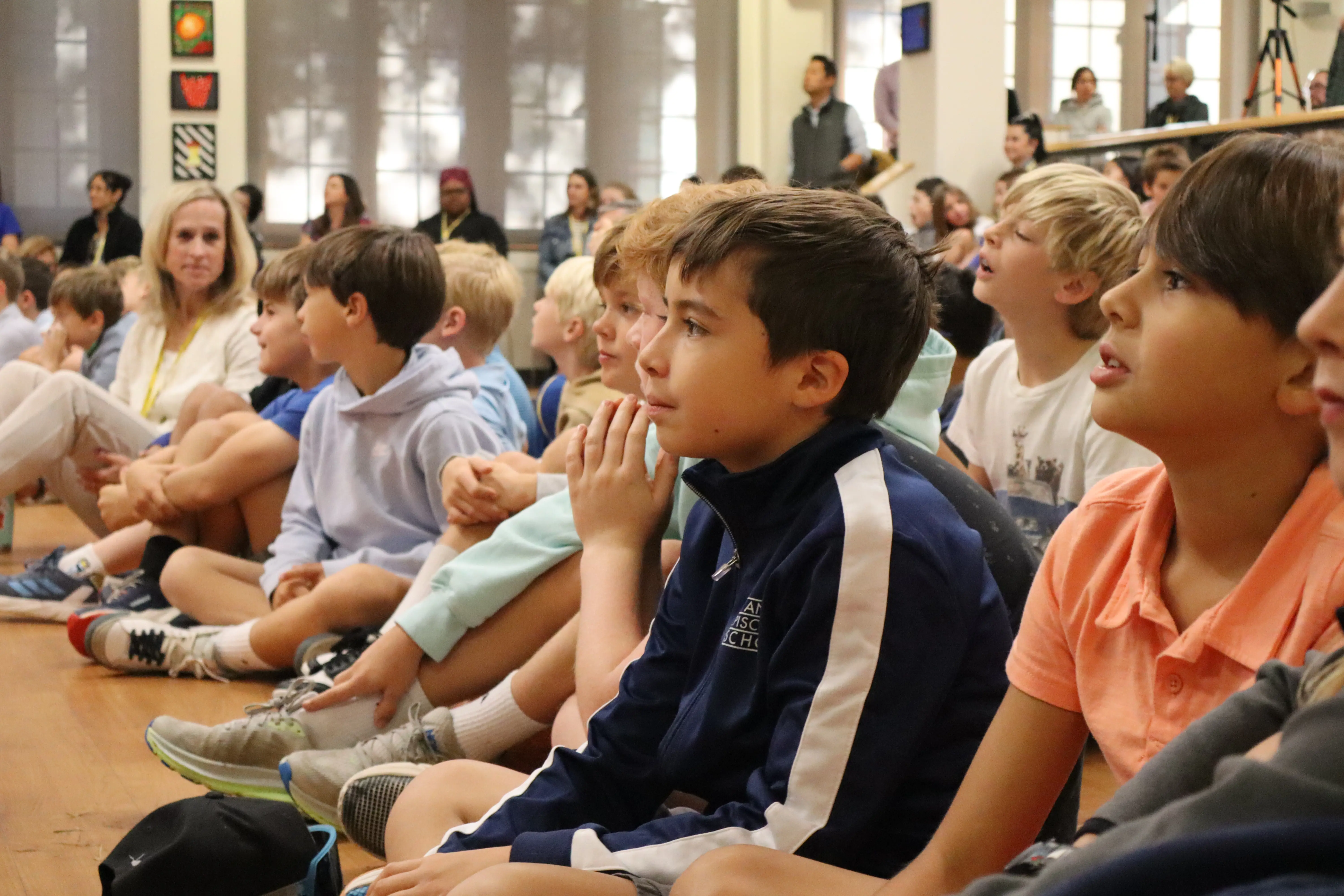Preschool Overview
At St. Anne’s, our preschool curriculum is thoughtfully designed to lay a strong educational foundation for our youngest learners. We provide a nurturing and stimulating environment where children engage in age-appropriate activities that support their social, emotional, physical, and cognitive development.
Our program emphasizes:
- Play-based learning
- Exploration of foundational concepts such as letters, numbers, and shapes
- Development of fine and gross motor skills
- Social skill building, including sharing, cooperation, and communication
To enrich the learning experience, preschoolers also participate in specialized classes including:
- Spanish
- Music
- Science
- Library
- Physical Education
- Religion
- Outdoor Education
Grounded in values of empathy, inclusivity, and respect for individuality, the St. Anne’s preschool curriculum offers a dynamic and comprehensive educational journey for young scholars.
| Writing |
|---|
|
Preschool writing focuses on introducing students to the alphabet and the idea that print carries meaning. Throughout the year, preschoolers are introduced to letters and sounds. Students are taught proper letter formation and how to write their names. Preschoolers learn how to:
|
| Emergent Reading |
|
Preschool emergent reading focuses on introducing students to stories and helping them identify what is happening in a story. Students learn to:
|
| Word Study |
| Preschoolers are introduced to the letters of the alphabet through the Really Great Reading curriculum. They are introduced to the upper- and lowercase letters and their sounds, the letters in their name, and phonemic awareness skills. |
| Math |
|
Throughout the year, preschoolers are introduced to a variety of math concepts. Students learn to:
|
| Science |
| Preschool science focuses on developing children’s natural curiosity about the world around them, enhances their problem-solving skills, and encourages them to explore and discover new things. |
| Social Studies |
|
Preschool social studies focuses on the student’s sense of self, family, and friendship in their everyday lives. Students learn to:
|
| Music |
| The preschool music curriculum is designed to develop and strengthen a child’s ability to sing, dance, and play rhythm instruments with their classmates. Skills taught during each class include steady beat, matching pitch vocally, and moving and responding to music. |
| Spanish |
| The preschool Spanish program engages students in play-based and exploratory activities that promote language acquisition through hands-on experiences, music, movement, stories, and art. |
| PE |
| The preschool and pre-K PE program focuses on movement concepts and skills, understanding basic health-related and skill-related components of fitness, and how they relate to personal fitness, demonstrating respect, and the ability to follow directions. |
| Library |
| Our early education library curriculum involves fostering a love for books, storytelling, and early literacy skills. Activities, story times, and books are tailored based on students’ interests, development, and feedback. The librarian collaborates with teachers and provides library materials for units of study to ensure a holistic approach to early literacy development. |
| Religion (Preschool–Kindergarten) |
|
Introduction to the Bible, Church Calendar, Chapel, and World Religions In the first three years at St. Anne’s, students begin to develop awareness of the Bible as a special book that contains important stories about God, people, character, miracles, and mystery. Relying on Godly Play, storytelling, and exposure to imagery, objects, and sacred spaces, young learners visit and revisit major narratives and characters of the Hebrew Bible. In the seasons of Christmas and Easter, students learn the story of Jesus of Nazareth and his ministry. We respectfully use other celebrations in world religions as an entry point into learning about them. All faiths are approached with reverence, and while we often turn to mindfulness and prayer to learn the rhythms of gratitude and care, no one way of practice is elevated above others and always remains invitational. |
| Outdoor Education |
| Preschool students begin their SAES outdoor education journey through seasonally appropriate exploration of the outdoor classroom and their larger surroundings. Students observe changes in their environment, learn how to be safe outdoors, practice caring for their environment, and find comfort and confidence in outdoor exploration alongside their peers. Outdoor education at this age centers on inquiry-based exploration and student safety in the outdoors. Students participate in outdoor education on a semi-monthly basis. |


